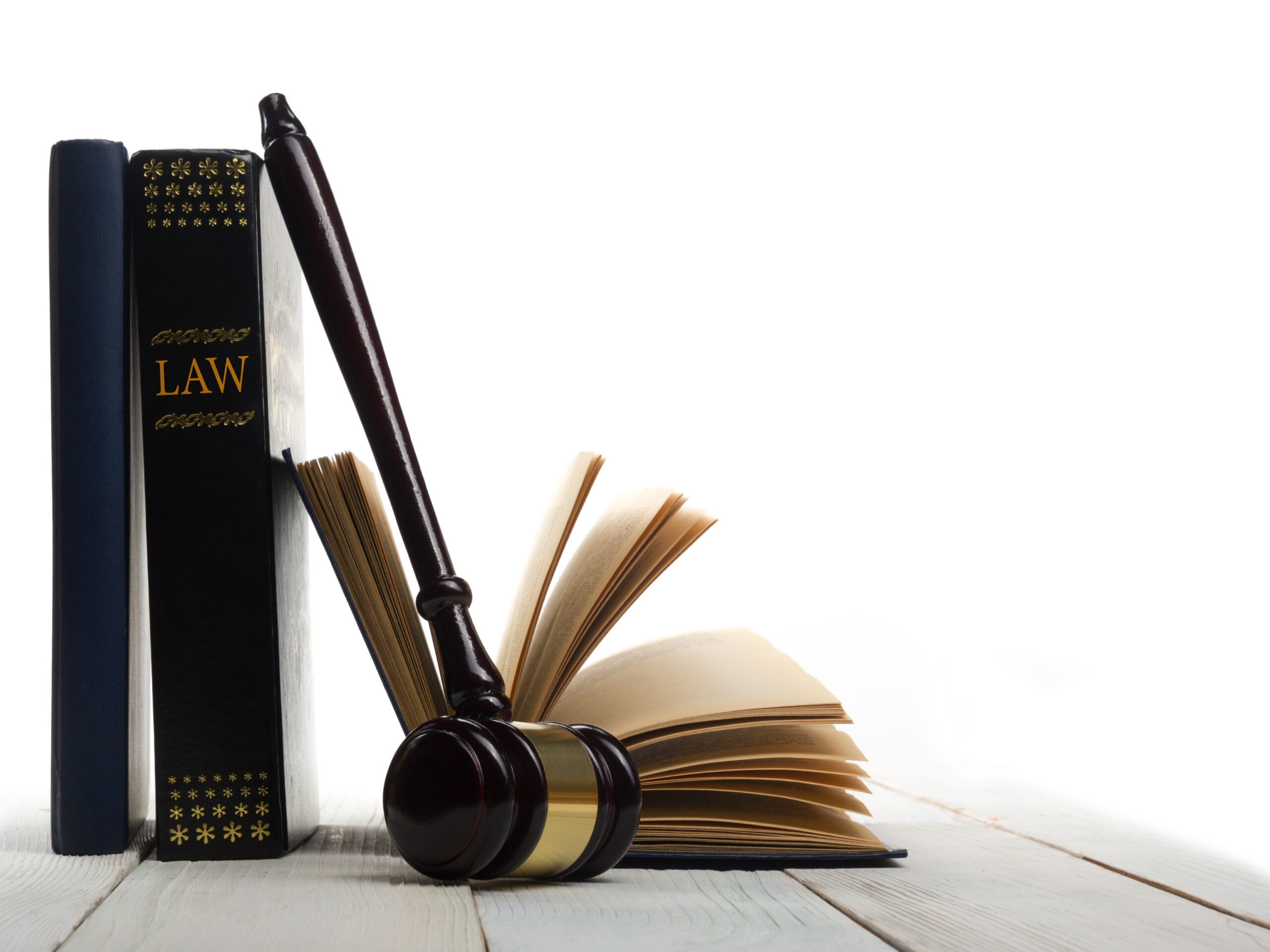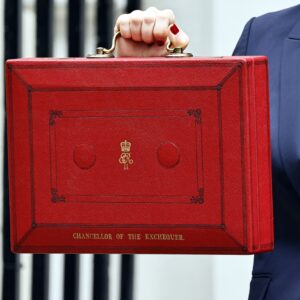CRC V Altrad Services Ltd and Robert Wiseman and Sons Ltd, Court of Appeal, 28 June 2024
The Court of Appeal’s decision on 28 June 2024, in the case of CRC v. Altrad Services Ltd and Robert Wiseman and Sons Ltd, involved the application of capital allowances in the context of tax law. Here are the key points from the judgment:
- Definition and Scope: The court clarified the definition and scope of capital allowances, which are deductions businesses can claim for depreciation of certain capital expenditures, typically on plant and machinery, reducing their taxable profit.
- Eligibility Criteria: The ruling emphasized the specific criteria under which expenditures qualify for capital allowances. It examined the nature of assets and their use within the business, ensuring that only relevant expenditures were considered.
- Assessment of Expenditures: The court scrutinized the expenditures claimed by Altrad Services Ltd and Robert Wiseman and Sons Ltd. It assessed whether these expenditures genuinely fell under the categories eligible for capital allowances, focusing on whether they were used for trade purposes.
- Interpretation of Legislation: The judgment provided an interpretation of the legislative provisions governing capital allowances, aiding in the understanding of how the law should be applied in future cases. This included analysis of specific clauses within the tax code.
- Implications for Businesses: The decision underscored the importance for businesses to maintain precise and accurate records of their capital expenditures and ensure they meet the detailed criteria for claiming capital allowances.
- Outcome: The court’s ruling either upheld or adjusted the capital allowances claimed by the companies involved, setting a precedent for how such claims should be evaluated in similar future disputes.
This summary captures the essence of the Court of Appeal’s decision on the application and interpretation of capital allowances in this case, highlighting the judicial reasoning and its implications for tax law and business practices. The Court of Appeal’s decision drew on the case of Hurstwood Properties (A) Ltd and others (Respondents) v. Rossendale Borough Council and another (Appellants). This case dealt with the application of capital allowances within the context of business rates and property taxation and highlighted the importance of genuine use and control of assets in claiming tax benefits (including capital allowances).
Lovell Consulting View
This case highlights the importance of businesses ensuring that any arrangements made for tax purposes, including those related to capital allowances, are based on genuine and substantive use of assets.
Lovell Consulting only prepares claims for clients where there are genuine commercial reasons for the transaction.




